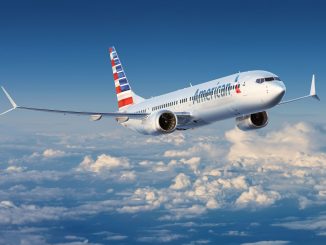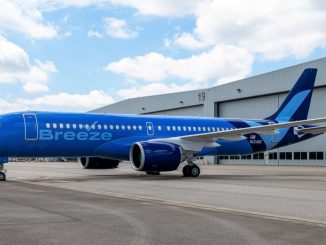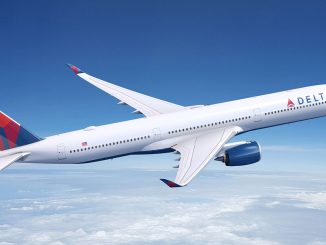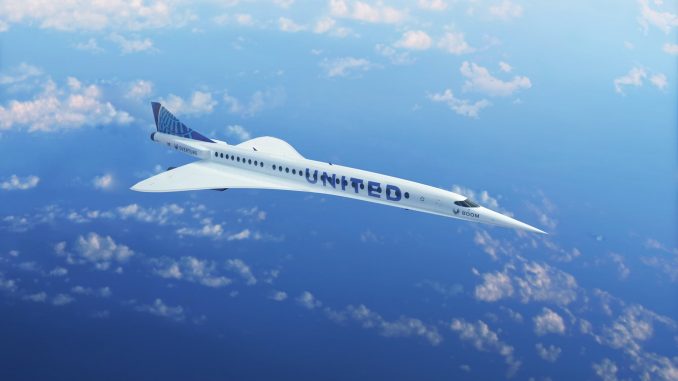
United Airlines has announced a deal with Boom Aerospace for up to 50 of the latter’s planned new Overture supersonic airplane. The initial order is for 15 aircraft with options for 35 more. In their statements, both companies highlighted that the plane would operate on “100% sustainable aviation fuels” and be “net-zero carbon”. While the first planned delivery is still at least some eight years out, and a lot can happen in these eight years, they are both highly questionable claims about the project’s sustainability, or lack thereof. Here’s why.
Environmental Issues
Biofuels, or what airlines love to call “sustainable aviation fuel”, can be produced in several different ways. One popular way is to use biomass made of specially-grown crops, animal waste and other byproducts of natural resources. Another option is to use plants and their natural oils to produce biofuels. While these seem like a much better option than traditional kerosene at first, the methods are often just as bad for the environment as traditional kerosene. Palm oil, for example, is a very popular oil used in food products and in biofuels. Certain countries in South America and Asia tear down forests the size of entire countries just to make room for palm oil farms. The global environment would be much better off with these forests than it is by operating a limited number of flights using biofuels made from palm oil instead of kerosene.
The second claim made by Boom is that these planes will be “net-carbon zero”, what exactly does that mean? If I had to guess, I would say it means that the whole manufacturing process and operation of the aircraft will result in a net zero and be compensated to a point where the used CO2 will be equal to the saved CO2. First of all, Boom could save a whole lot of CO2 by not even building Overture. But that’s beside the point I’m trying to make. Flight testing, manufacturing of whatever materials Boom plans to use for Overture would be extremely expensive to financially compensate, especially for a start-up. And I have already talked about the difficulties of a truly sustainable operation in the second paragraph. In the end, there is absolutely no way the proposed aircraft type ends up being “net-carbon zero” even after 50 years of operations.
Lastly, with an estimated capacity for 50-60 people, a four-hour flight from New York to Frankfurt on a hypothetical United Airlines Overture flight would still emit three to five times as much CO2 per passenger than a non-supersonic flight on the same route. A similar increase applies to fuel use, resulting in a big waste of resources that could be used much more efficiently by subsonic aircraft. Remind me again, which plane claims to be “net-zero carbon”?
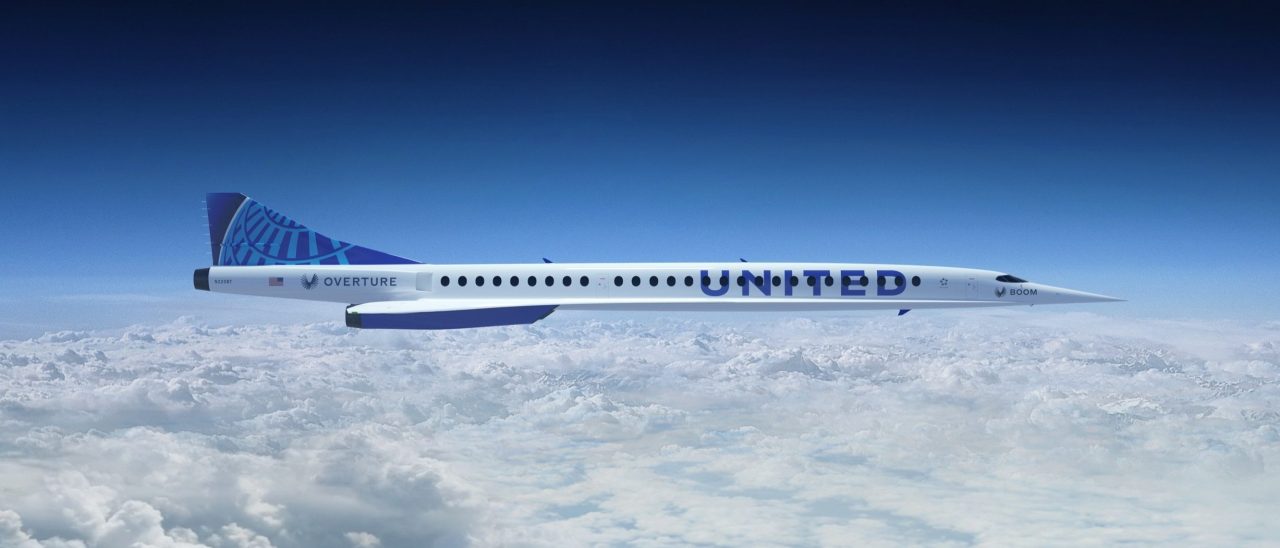
The Sonic Boom
It currently does not seem like Boom has solved the issue that a boom is created every time a plane crosses Mach 1 to enter supersonic speed. This was already a big issue in the 1970’s when Concorde was about to capture the world by storm. It also eventually killed off Boeing’s never-finalized SST project, dubbed the 2707. People living near airports and busy overflight paths were worried that multiple daily booms would severely affect their wellbeing. In the end, we know that ultimately Concorde was only allowed to fly supersonic above oceans and was exclusively operated by just two airlines, Air France and British Airways, which used it primarily on transatlantic routes.
In their much-hyped announcement, United is touting potential new routes from New York to London, Paris and Frankfurt or from San Francisco to Tokyo or Australia. While the flights to these cities wouldn’t be such a big problem for inevitable noise complaints, the return flights from Frankfurt or maybe even deeper into Central Europe like Vienna or Rome would eventually cause massive noise complaints from residents since aircraft noise has become a much bigger talking point over the past 40 years. Getting a permission to cause sonic booms above inhabited land on a regular basis seems virtually impossible for airlines.
Boom would have to solve this major problem on Overture, and somehow find a way to avoid the noise. Otherwise, chances are high it ends up exactly like Concorde did some 20 to 50 years ago: Only flying between cities separated by large bodies of water and only going supersonic once they have reached said water. This significantly reduces the number of possible routes, and therefore the motivation by airlines to invest in such a small niche market.
Financial Aspect
In the end, airlines care about money and Overture would be insanely expensive to operate. We have seen it with Concorde before and we will see it again once something new actually takes off. Whatever routes United, or other airlines, hope to serve with Overture, will only be used by a tiny number of travelers that have enough change to spare for an exclusive flight with limited capacity. And while operating a supersonic aircraft is already expensive, highly limited biofuels will only add more expenses on top of that – if United actually ends up keeping its biofuel promise. Airlines would invest in what is essentially an oversized private jet with horrible fuel economics, just to have some extra speed by flying at Mach 1.7. By the way, Boom Supersonic has quietly changed the speed and specifications of Overture several times, including now.
Questionable plan
At the end of the day, it remains highly questionable if United actually takes delivery of its first Overture in 2029. It would be an engineering marvel if Boom successfully builds such an aircraft on time – or even at all. It is also highly unlikely that the world has found a solution for climate change and global warming by then. Unless someone creates a truly sustainable biofuel, an airplane with greenwashing marketing claims for the rich and famous won’t help us achieve our goal to limit global warming by 2050. Any passengers would fly much closer to “net-carbon zero” by choosing conventional aircraft over a flight on Overture.
Jan-Hendrik is an aviation enthusiast from Germany, loves to travel the world and fly on as many aircraft as possible. His first flight was with a Condor 757 to Spain and has been interested in aviation ever since. His fields of expertise are aircraft accidents and passenger experience (PaxEx).

